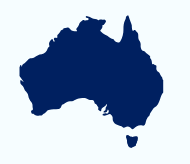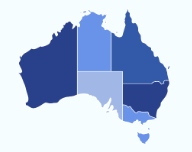Code-Eligible Schemes
There are various carbon market and carbon farming schemes across Australia which have relevance to the Code of Conduct, including at national and sub-national levels. Schemes of particular relevance, and that have formally recognised the Code of Conduct as a best practice consumer protection tool, are detailed below.


